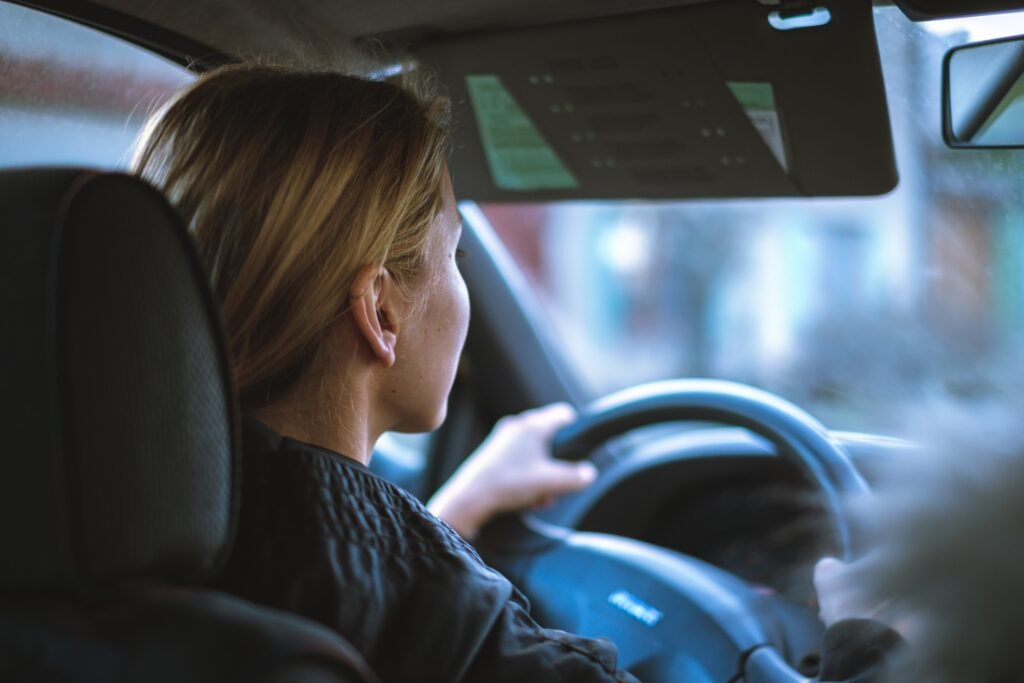
Driving lessons aren’t cheap, costing up to £30 per hour, and with the average learner needing 45 hours of lessons, that’s well over £1,000. It’s a staggering amount so it’s no wonder many parents, friends or relatives are keen to help out and supervise a learner driver. Here, a comparison site for cheap car insurance, mustard.co.uk, share 5 essentials that you’ll need to know before you both set off.
1. The age you can start driving in the UK
Learner drivers must have a provisional driving licence. They can apply for one when they are 15 years and 9 months old but they won’t be able to drive until they turn 17.
There is one exception. If you receive (or have applied for) the higher rate payment for mobility as part of your personal independent payment (PIP) then you can drive at 16.
2. The criteria you must meet to supervise a learner
If you agree to supervise a learner driver, you must:
- Be over 21 years of age.
- Be qualified to drive the type of car the learner is learning in, for example, if it’s a manual car, your licence must show you are entitled to drive one.
- Have held a full driving licence for at least three years, this licence can be from the UK, EU, Switzerland, Norway, Iceland or Liechtenstein.
3. You must have appropriate car insurance
If you’re supervising a learner driver in their own car, check that the learner has their own learner driver car insurance (also called provisional driver insurance). It’s also a good idea to check that you’re allowed to drive the car too, if necessary.
If you’re supervising a learner in your car, you’ll need to make sure they’re covered by your policy. Remember to let your insurer know that they are learning to drive so that your policy reflects this. The learner driver can also take out their own standalone provisional driver insurance in order to use your car.
It’s really important to get the right insurance. If not, you could be given an unlimited fine, penalty points and in the worst-case scenario, you could be banned from driving.
4. You may share joint responsibility for accidents
As a general rule, the person behind the wheel at the time of the accident is responsible for it. Even if that person is learning to drive, they have the same duty of care and can be penalised accordingly. But that doesn’t mean you, as the supervisor, are completely off the hook. It’s your responsibility to make sure you’re fit to supervise and you’ll be expected to abide by the same rules as the learner. That means you must meet the eyesight requirement needed to drive, you won’t be allowed to use a mobile phone and you can’t be over the alcohol limit.
5. Learner drivers can still earn penalty points
If a learner driver commits a driving offence, they can have points added to their provisional licence, just as any other driver with a full licence. What’s more, those penalty points can be carried across to their full licence if those points are still valid.
It’s also well worth knowing that the rules on penalty points are particularly tough on new drivers. New drivers who earn six or more penalty points within the first two years of passing their driving test, will have their licence cancelled. They will then have to reapply for a provisional licence and sit the theory and practical test again.
Compare learner driver car insurance for peace of mind
Whether you’re learning to drive or supervising a family member, you can’t get around the fact you must have appropriate car insurance. If you’re not sure what the best option for you is, speak to your current insurance provider. Alternatively, you can compare quotes for learner driver car insurance right now at mustard.co.uk. Simply fill in some details to see what’s available from leading UK insurers or speak to an expert on 0330 022 8825.



